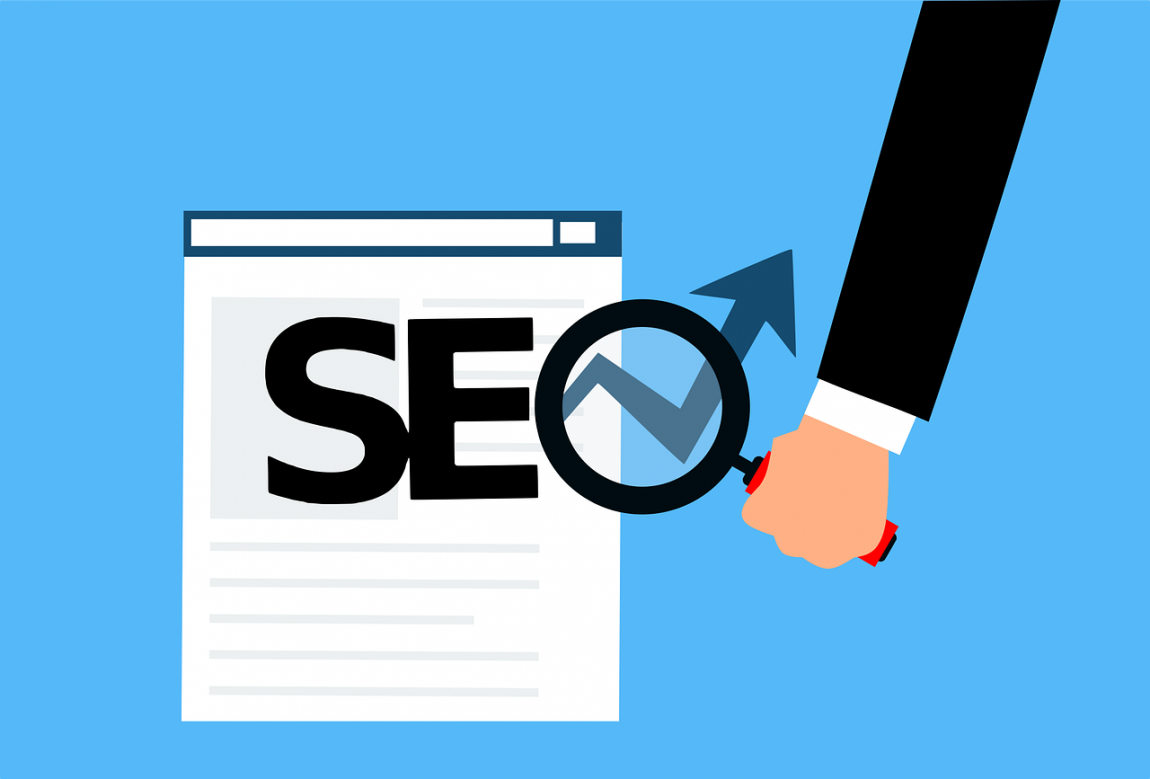
SEO Strategies and Client Business Goals
It is common for SEO goals to bump heads with other goals such as user experience or the overall business goals. The goal of an SEO strategy is to ultimately earn more organic visibility with a focus on optimising both content and technical aspects of a website towards both users and crawlers.
For example, there may be some javascript being used on a website which is slowing down pagespeed and would be a priority issue for an SEO team. However the UX team may want to keep the javascript as it provides a certain experience for the user which is more inline with the business goals.
Understanding what a brand wants overall and then aligning your SEO strategy with their goals is key to having a great partnership and can lead to great results.

What do brands want?
This is of course subjective to each individual brand. However, every brand at a top level want roughly the same things:
- Beating their competition
- Increase in organic traffic
- Reduce budget waste
SEO is a key channel that can help with all the above. All SEO efforts are done with the focus of earning more organic visibility which can directly lead to an uplift in organic traffic. Also, by earning better ranking positions, you could be overtaking competitor positions. Finally, with better ranking performance in key search topics, there would be a decrease in need for brands to spend money on paid ads for these topics, reducing budget usage/waste.
Having a robust SEO strategy focusing on best practices, will be inline with most brands’ top level objectives. Customising your strategy to be aligned to your clients/brands more specific goals can result in meeting expectations. For example, an e-commerce site may want to prioritise their blog section to earn non-branded traffic. Factoring this into your SEO strategy and building traffic towards this area would keep your SEO efforts perfectly inline with the clients brands goals.
What stops brands from reaching their organic goals?
There are usually a handful of reasons as to why brands are struggling to reach their organic goals. This includes not having the resources internally to have a fully fledged SEo strategy; not having the knowledge or marketing/SEO internally; or currently not having an effective SEO strategy.
These factors open up the opportunity for a dedicated SEO strategist/team to step in and alleviate these issues for a brand and help them reach their goals. A key way to prove to a brand that you can help them reach their specific goals is to present an SEO strategy that is inline with what is important to the brand.

How else can you help brands reach their goals?
The next step in building your partnership with your client is to anticipate the needs of a client from an SEO perspective, understanding what is helpful to them. Proactively jumping on any SEO issues or presenting SEO opportunities to your client can show you’re inline with their needs and have an flexible, adaptive SEO strategy.
Also, having detailed reporting, providing data and context on all metrics the client cares about will also keep you aligned with their goals and provide you a deeper understanding as to what’s currently important to your client. This reporting should also be followed up with clear communication of the findings to stakeholders so everyone has the most recent data and clear next steps.
Eventually, your client will want an overview of the impact of your SEO strategy. By keeping your SEO strategy inline with what’s important to the client and consistent reporting will help prove the SEO impact you have had for your client.
If you have any questions around SEO strategies, or any SEO questions in general, please reach out to the Digital Carrera team today!
 Pinterest
Pinterest Twitter
Twitter Facebook
Facebook

